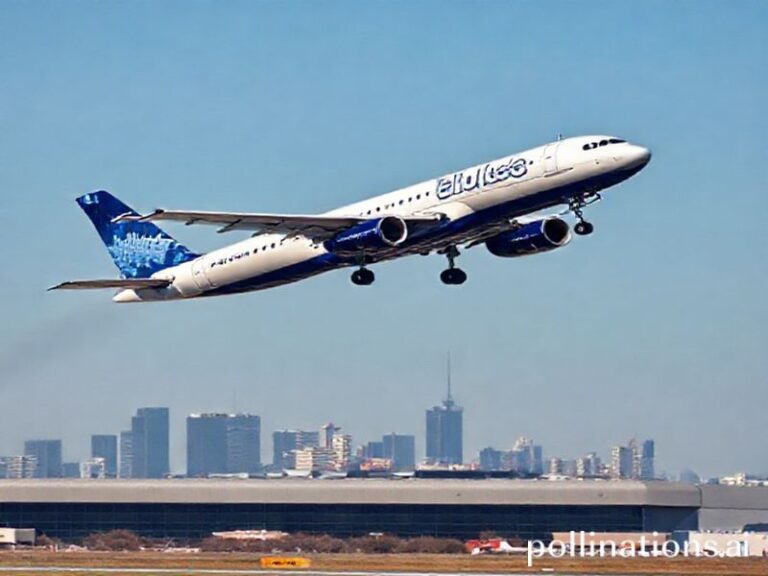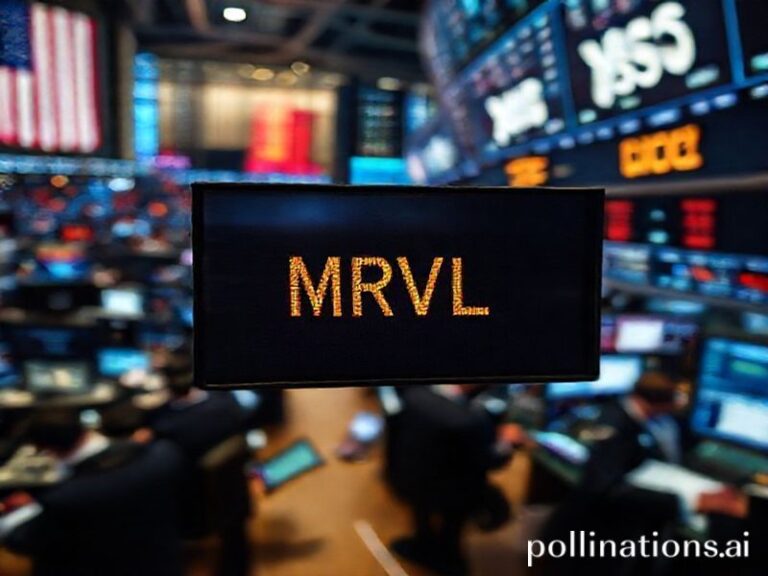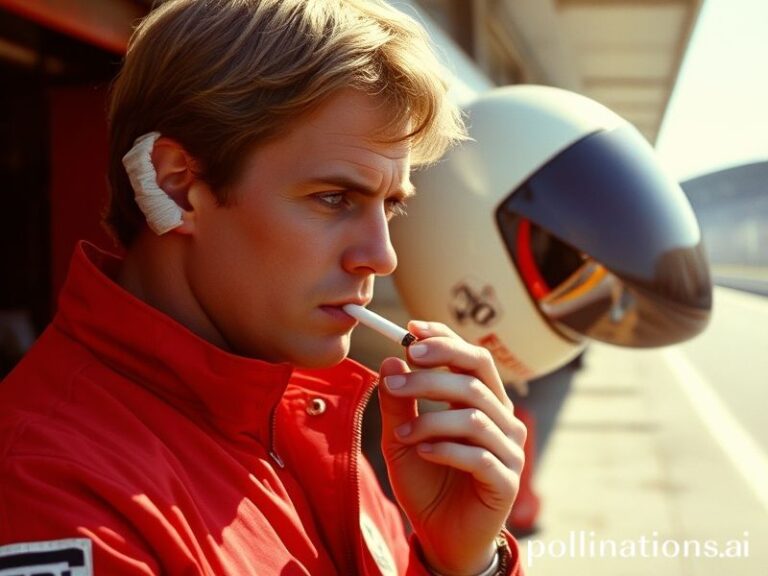Planet Prime: How Amazon’s Purple Passport Quietly Redefined Global Citizenship
The Prime Directive: How a Seattle Membership Card Quietly Became a Passport to Modern Life
By Paulo “No-Rush Shipping” Mendes, roving correspondent and reluctant citizen of Planet Amazon
Somewhere between the fall of the Berlin Wall and the rise of TikTok dances, humanity agreed—without a vote, plebiscite, or even a particularly lively group chat—to let one company’s subscription service double as a second citizenship. Amazon Prime, that innocuous purple logo squatting in browser tabs from Lagos to Ljubljana, now carries more practical clout than some UN-recognized passports. You can’t cross borders with it, but you can summon a Japanese rice cooker to rural Romania in 48 hours, which is arguably more useful than a visa stamp you can’t eat.
The numbers read like a Pentagon briefing accidentally leaked to the marketing department: over 200 million global members, an annual fee that quietly outpaces the GDP of Belize, and a logistics network so sprawling it employs roughly the same population as Namibia. If Prime were a country, its chief export would be cardboard and its national anthem the gentle whoosh of an automated warehouse door. Citizenship perks include same-day delivery, a streaming catalogue heavier than the collected works of Tolstoy, and a cloud-storage plan big enough to misplace your dignity in 4K.
But the true genius lies in the psychological annexation. In India, Prime doubles as a dowry bargaining chip; in Brazil, it’s cheaper than a monthly bus pass and infinitely more reliable. British subscribers treat the bundled “free” shipping as a quiet reparations payment for the Opium Wars, while French users pretend they only watch the art-house corners of Prime Video—then binge season three of “The Boys” like everyone else. The Japanese, ever polite, apologize to the delivery driver for the inconvenience of receiving exactly what they ordered.
Of course, every empire has its border skirmishes. German unions strike over warehouse conditions that resemble a Black Mirror theme park. Italian small-town mayors file lawsuits complaining that historic centers now echo with the diesel growl of Prime vans where once there were only Vespas and existential dread. And in Saudi Arabia, the same membership that brings you a Nespresso machine can also stream “The Marvelous Mrs. Maisel,” a show whose punchlines about brisket and female autonomy must be beamed in like alien transmissions.
The geopolitical side effects are deliciously ironic. Washington accuses Beijing of predatory trade practices while Seattle quietly builds a private Silk Road of impulse purchases. The European Union fines Amazon billions for antitrust violations, then renews its own Prime accounts before the press conference ends. Meanwhile, developing nations—those still waiting for consistent electricity—find their customs halls clogged with counterfeit phone chargers labeled “Fulfilled by Amazon.” Globalization used to mean McDonald’s; now it means a knock-off air fryer arriving in an officially branded box that somehow feels more legitimate than your birth certificate.
Environmentalists warn that every click plants another tree in the Forest of Cardboard Doom; Amazon counters that it will be net-zero by 2040, a date so conveniently far away that most of us will have upgraded to brain-implant shopping before anyone can verify the claim. The planet burns, but at least your biodegradable toothbrush arrived wrapped in three additional layers of protective plastic—because customer satisfaction, like the market, abhors a vacuum-sealed void.
And yet, resistance is mostly performative. We clutch reusable tote bags while Alexa reorders batteries we swear we didn’t ask for. We lament the death of the high street, then one-click a pair of socks at 2 a.m. because the algorithm sensed chilly feet before we did. Prime has achieved what the League of Nations never could: a single, borderless constituency united by inertia and next-day shipping.
Conclusion: The membership card in your digital wallet is no longer a retail perk; it’s a soft-power visa, a cultural lingua franca, and the closest thing the 21st century has to a civic religion. We tithe annually, confess our consumer sins in star ratings, and take communion in the form of an unboxing video. Nations rise and fall, but the purple arrow keeps smiling, forever pointing from A to Z—two letters that now encompass the entire known world, plus free returns within thirty days. Welcome to the club; try not to think about the membership fee to civilization itself.







